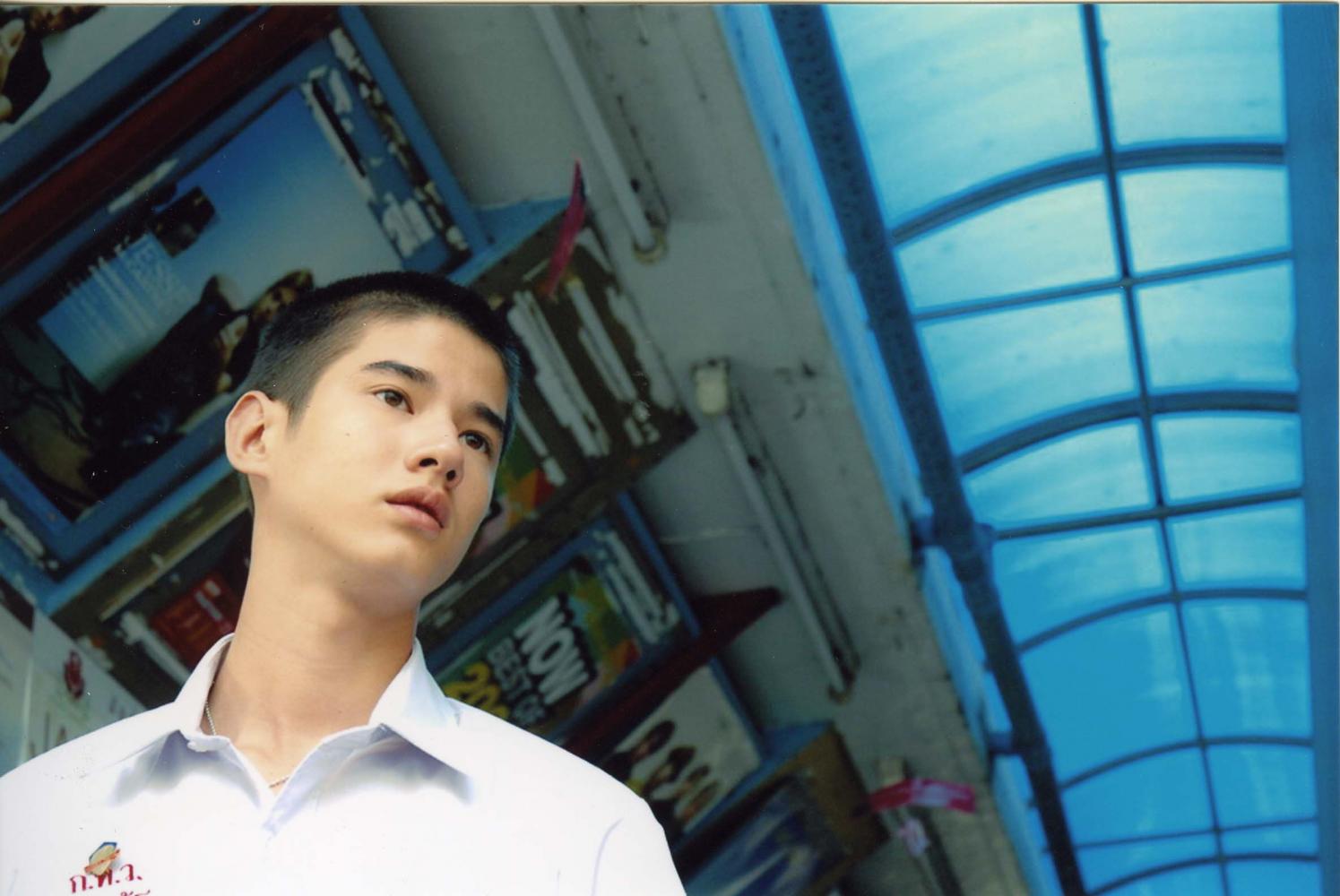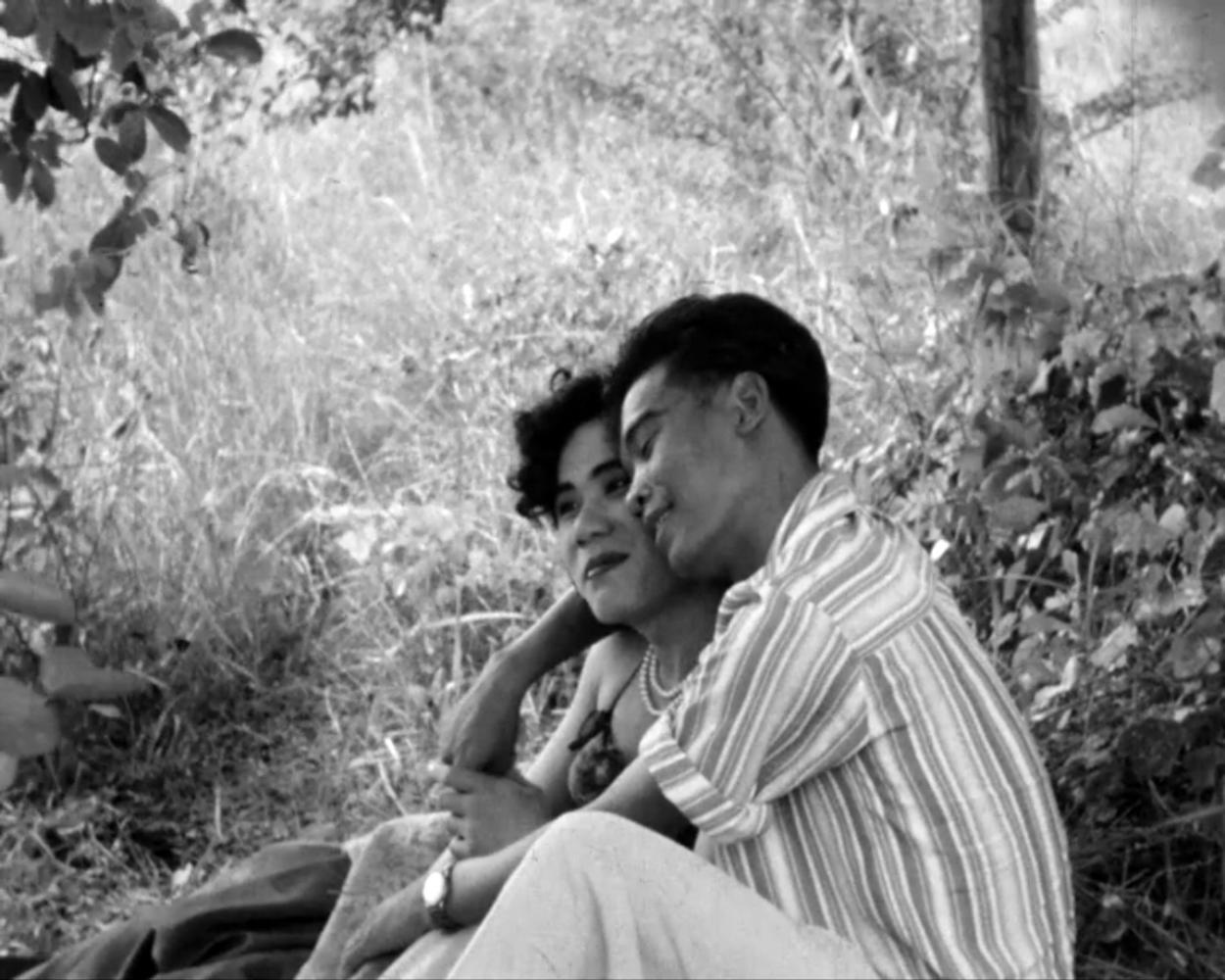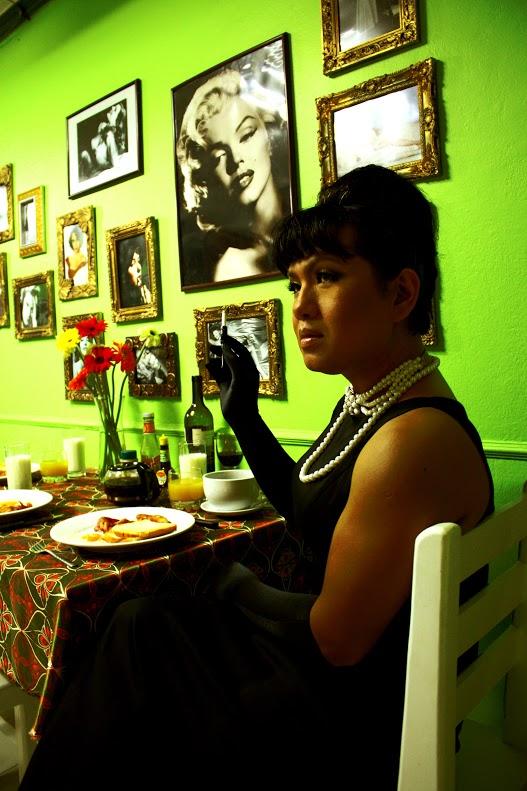The LGBTI community's fight for recognition has been a long and difficult one both here in Thailand and beyond. While the situation has undoubtedly improved in recent times, when it comes to representation in popular media, there is still a long way to go.

Mario Maurer in Love Of Siam. (Photo: Sahamongkol Film International)
Some might argue that homosexual or trans characters have been depicted in film more or less since the medium began. The 1895 William Kennedy Dickson motion picture The Dickson Experimental Sound Film features two men dancing. Some have claimed this to be a representation of homosexual intimacy. However, there is no real evidence for this.
A better case might be made for a couple of Charlie Chaplin short films. In 1914's The Masquerader, Chaplin plays an actor who wins a role by pretending to be a woman. Two years later in Behind The Screen, the situation is reversed and a woman gets a job by dressing up as a man. This film is particularly notable for a scene in which one character observes what he believes to be two men kissing. He then mocks them with exaggerated effeminate gestures.
Such examples are rare, however. Thailand is arguably one of the most gay-friendly countries in the world. But while it would be true to say that LGBTI characters have featured regularity on TV and film here for several decades, most of the time they conform to crude stereotypes.

Katoey Pen Het. (Photo courtesy of Thai Film Archive)
"The characters were created as something to laugh at, something to pity, or worse," said Sanchai Chotirosseranee, deputy director of the Thai Film Archive. "But as time passes, we get to see more and more films that give identity to LGBTI characters."
The Thai Film Archive recently announced 15 local films to be added this year to the National Film Heritage registry. This is the ninth year that the Thai Film Archive has announced films to the registry, which aims to highlight the importance of films as historical treasures and cultural expressions deserving of recognition and preservation.

Sanchai Chotirosseranee, deputy director of the Thai Film Archive. (Photo by Sanchai Chotirosseranee)
Two of this year's films are notable for their portrayals of LGBTI characters. The first is the 1954 short Katoey Pen Het (Because Of A Katoey), which features a transgender woman who is engaged to a man. The second is 2010's controversial Insects In The Backyard directed by Tanwarin "Golf" Sukkhapisit, who is now member of the House of Representatives.
"The Film Archive chose Katoey Pen Het because it is one of the very first Thai films that we are aware of to feature an LGBTI character," said Sanchai. "Again, this character was created to be made fun of, with the scene where the wig falls off her head and stuff. But at the same time, I think it's quite interesting to see the perception of Thais towards homosexuals 60 years ago."
Sanchai said that, after Katoey Pen Het, other Thai films began to include LGBTI characters. Chua Fah Din Salai (Forever Yours) from 1955 stars comedian Lor Tok, who wears drag for comic relief; the 1956 film Sedthee Anatha (Tragic Millionaire) features a scene in which the protagonist goes to a gay bar and watches a transgender woman sing; Wiwa Pa Fun (Dream Wedding) has actress Juree Ohsiri play a tomboy. More modern representations include the critically and financially successful Love Of Siam (2007), which was one of the first Thai films to address teenage sexuality.
Insects In The Backyard was banned by the censors the year it came out for containing "immoral and pornographic scenes". Tanwarin, who also wrote and starred in the film, spent seven years fighting the decision in the Administrative Court. After she agreed to making certain cuts, the ban was finally lifted in 2017.
Insects In The Backyard is about a transgender woman named Tanya who struggles to raise two teenagers who are embarrassed by her. It is considered to be one of the first Thai films to explore the LGBTI community in depth and with respect and understanding.
"The film is actually partly inspired by my own experience," said Tanwarin. "Around 10 years ago, my nephew stayed with me during the summer break. One day after showering, I handed him one of my T-shirts, but he refused to wear it, saying that he didn't want to wear a 'homo shirt'. It really hurt, but I came to realise that there's a big invisible wall that divides our society. That was the reason I made the film, and why I fought the censors to get the film released."
Tanwarin won't stop fighting for what she believes in. Now, she has taken that fight into a bigger arena: the world of politics. Tanwarin, representing the Future Forward Party, is Thailand's first openly transgender member of parliament. Among the many positions she has taken, she is advocating for marriage equality. She is also arguing in favour of greater funding and creative freedom for filmmakers.
"My goal is to change the old perceptions of LGBTI people in the eyes of society and film audiences. We're not just minor characters or sidekicks. We're human like everybody else," she said. "I still see myself as a filmmaker, and I'll return to making movies in the future. But in the meantime, I want to do my duty in parliament."
Despite the progress that has been made, the reality is that the LGBTI community is still largely marginalised in Thailand, especially in the media. The community still finds itself regularly having to challenge representations of LGBTI characters in film or on TV which revert to lazy stereotypes or worse. Films like Love Of Siam and Insects In The Backyard provide hope, but the fight for equality goes on.

Tanwarin 'Golf' Sukkhapisit in Insects In The Backyard. (Photo: photographer)
